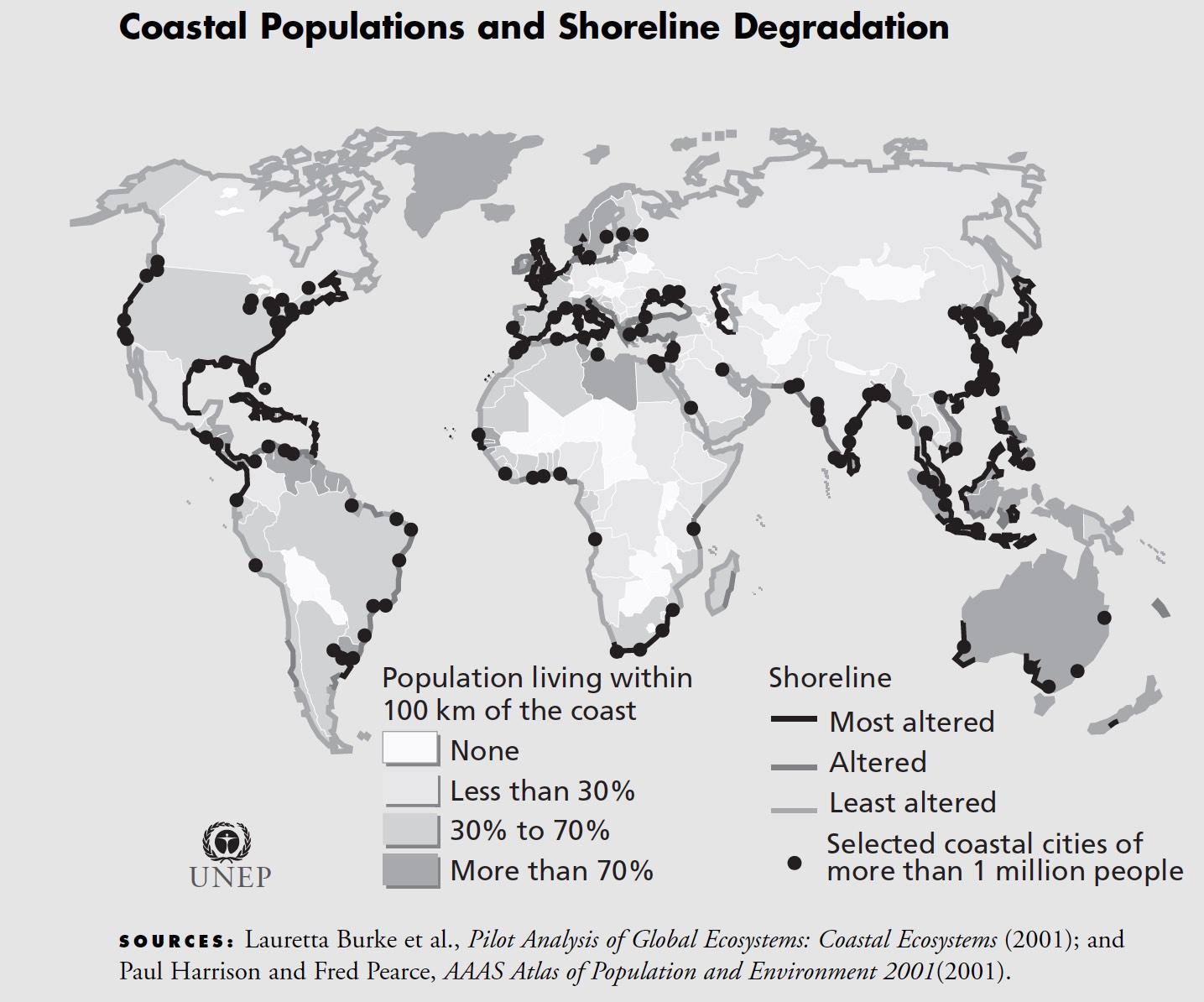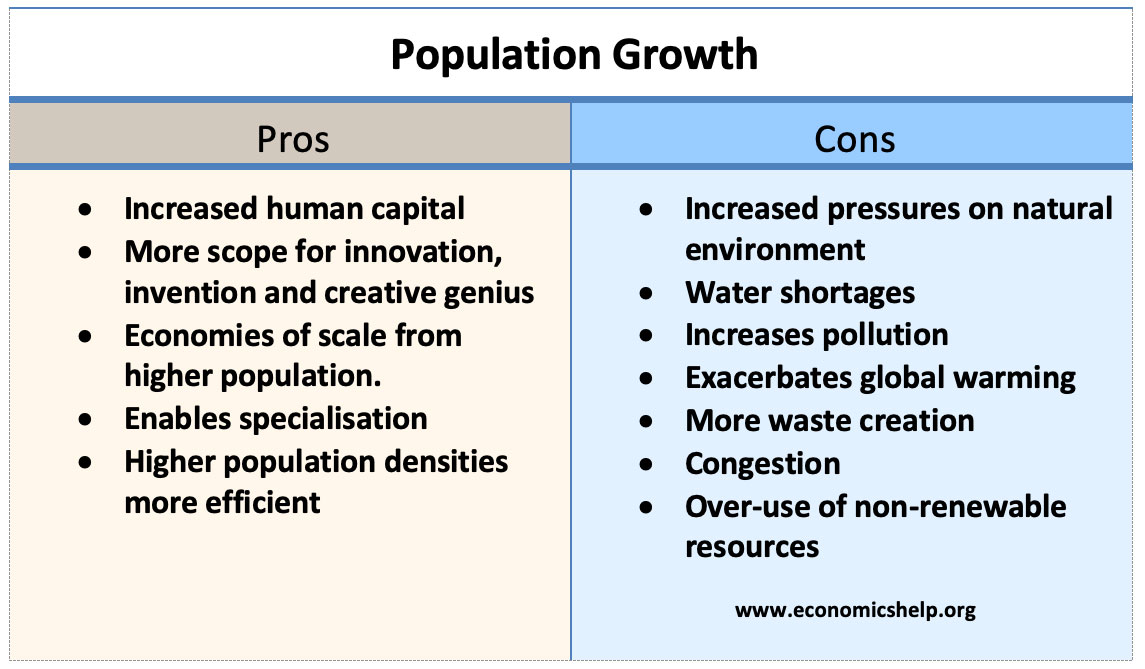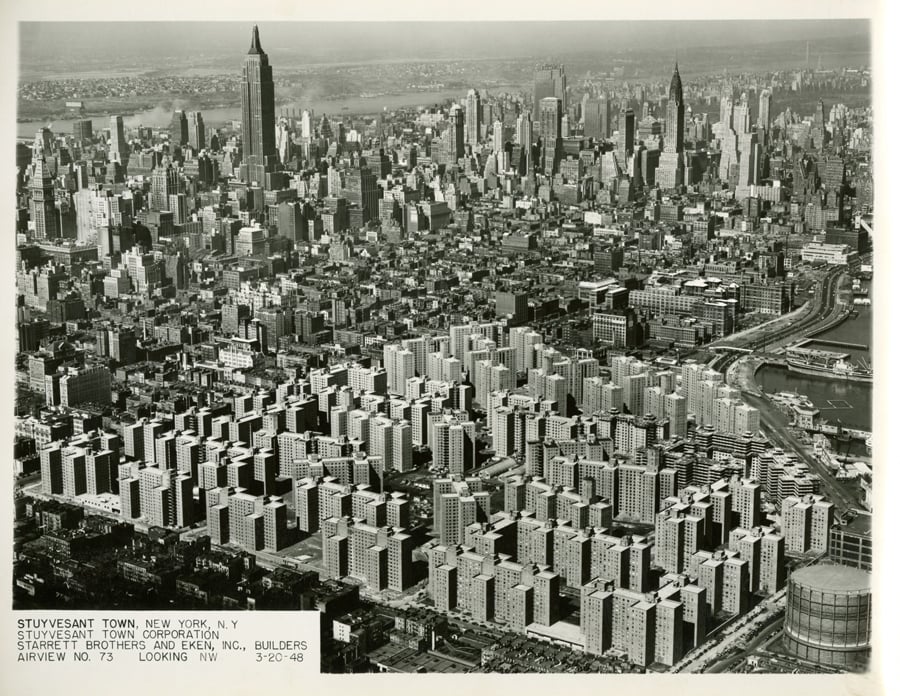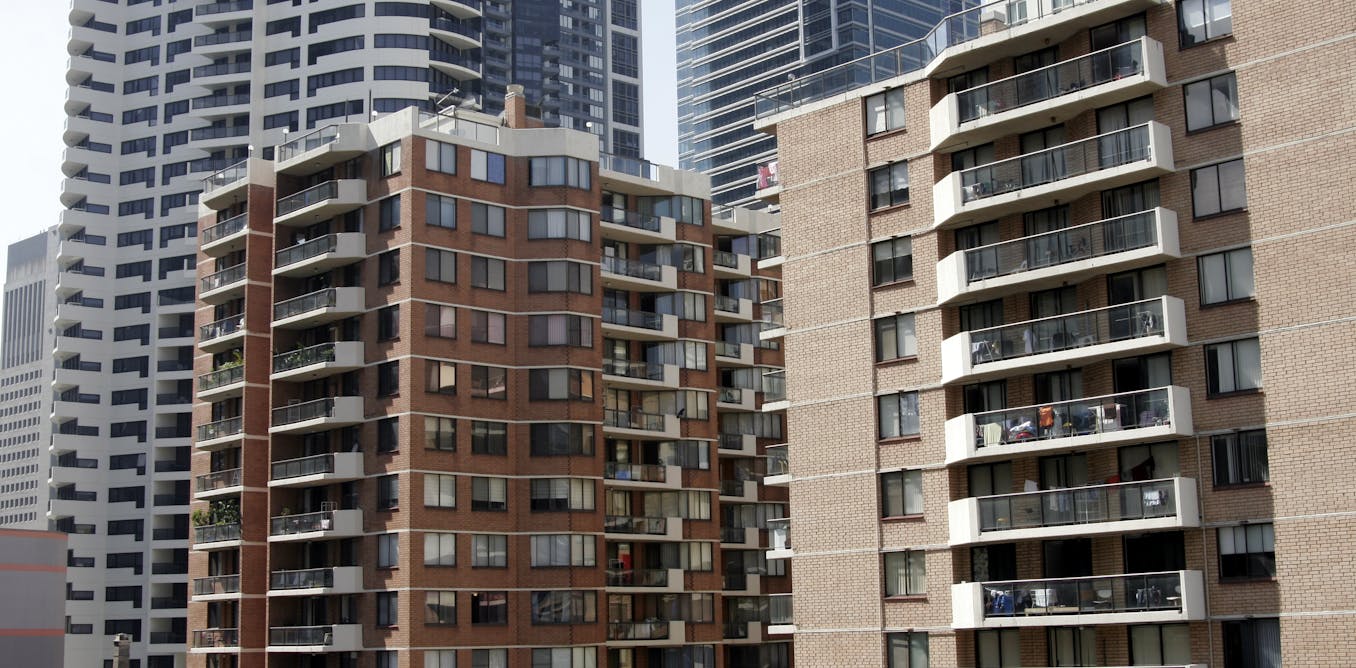High-density cities are economically beneficial but lead to greater inequality
4.7 (191) · $ 20.50 · In stock
Densely built cities with people living and working in close proximity are economically efficient but lead to higher levels of inequality, according to new research from the London School of Economics and Political Science (LSE).

images-na.ssl-images-.com/images/S/compresse

Superblocks currently transforming Barcelona might work in Australian cities, too

What's equity got to do with health in a higher-density city?

Boston Housing Affordability Sinks Below 5% Metro area sees a rapid decline from last year. : r/boston

U.S. Cities With the Biggest Income Inequality Gaps

3.1 Drivers, patterns and dynamics of urbanization

Inequality is deliberately built into cities: segregated playgrounds are just the start

Ripple Effects: Population and Coastal Regions

Advantages and disadvantages of population growth - Economics Help

Conclusion SpringerLink

Study area, and number of cities and sub-cities by country. Reproduced

The housing theory of everything - Works in Progress

Building therapeutic cities to tackle mental health problems

Superblocks currently transforming Barcelona might work in Australian cities, too

Chapter 6: Cities, settlements and key infrastructure Climate Change 2022: Impacts, Adaptation and Vulnerability











